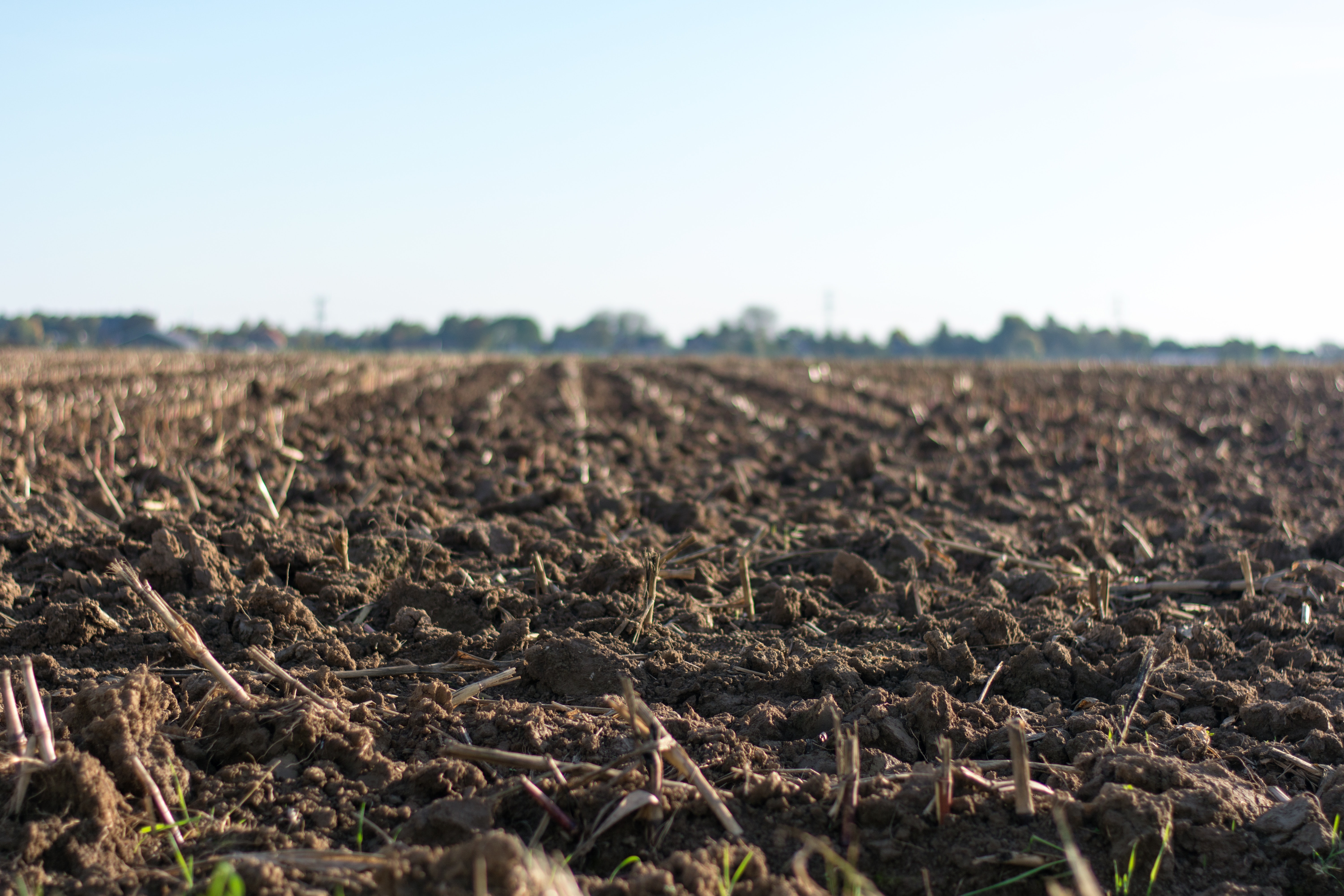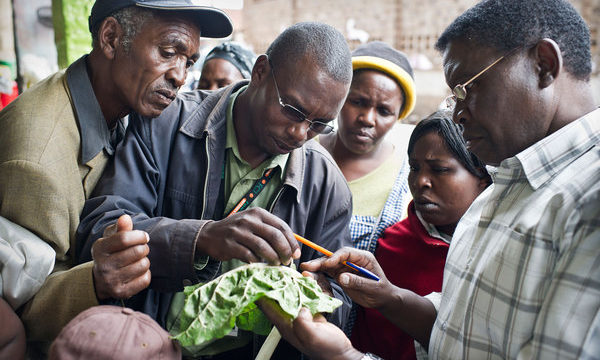 Seeds are the unsung heroes of agriculture, and modern varieties provide beneficial traits such as drought tolerance and cooking quality. Some varieties are even designed to provide a platform with which to provide other products, such as seed treatments conferring additional insect and disease protection.
Seeds are the unsung heroes of agriculture, and modern varieties provide beneficial traits such as drought tolerance and cooking quality. Some varieties are even designed to provide a platform with which to provide other products, such as seed treatments conferring additional insect and disease protection.
The lack of modern varieties, particularly in developing countries, is a major constraint on smallholder productivity. A commonly quoted figure of 35% penetration of modern varieties in Africa is probably an overestimate and the real figure is closer to 20-25%. As an example there are no modern varieties used on 6 million hectares of sorghum in Mali and the situation is similar for groundnuts.
The roll-out of modern varieties to smallholder farmers in developing countries faces three significant constraints: the lack of a conducive regulatory environment, insufficient locally adapted varieties and the lack of an effective distribution network.
Unnecessary bureaucracy
The regulatory environment in many developing countries poses a major obstacle. For example in many African countries the same laws and requirements are applied to seeds which are traded internationally as to those which are not. Gatekeepers such as Variety Release Committees can considerably and unnecessarily slow down the progress of new seeds to the market. This could be addressed in a dialogue between the relevant government authorities and the private sector. Some countries, such as the Philippines, provide examples of a supportive regulatory environment which has led to the development of a vibrant and successful seed market underpinning their agriculture.
Local varieties
Another major challenge is producing seeds in developing countries themselves. Despite shortcomings in the past, the situation is improving through various initiatives from organisations such as AGRA and Syngenta Foundation. For example the African Institute for Plant Breeding has produced 98 PhD plant breeders over 9 years, funded by an $11m grant from AGRA. Through targeted investment, East-West Seed manages to produce 80% of its vegetable seed locally.
Whilst much seed development is targeted at hybrid crops, open pollinated varieties still have a lot of potential. For example in India, a pulse crop– sometimes considered as an orphan crop – was developed to be more profitable than a hybrid. By increasing the level of germination from 65% to 95%, adding a seed treatment and tamper-proofing the packaging, the price was increased from $2.5/kg to $8/kg.
At the “Future of Small Farms” conference, organised by CABI and the Syngenta Foundation for Sustainable Agriculture on 24-25 January in Basel, AGRA’s Richard Jones suggested that the distinction between the formal and informal seed systems could be dispensed with and ICT tools used to certify and trace seeds produced in the informal sector, similarly to the way GLOBALG.A.P. uses ICTs to track and trace food.
Distribution concerns
Once the seed is available, the final challenge is finding a route to market. Here the private sector has a role in disseminating publicly produced varieties, as well as its own. Distribution to small farmers requires specific marketing approaches, and East-West Seed is leading the way its mobile seed shops and use of smaller packs.
This article is part of a series covering the issues raised at the “The Future of Small Farms” conference hosted by CABI and the Syngenta Foundation, compiled by Jonathan Shoham. Subscribe to the Plantwise blog to receive notifications of new articles by email.
Related News & Blogs
PlantwisePlus restarts plant clinics following conflict in Tigray region of Ethiopia
Market in the Tigray region of Ethiopia In the Tigray region of Ethiopia, village-based plant clinics have traditionally flourished. Running from 2014 to 2020, with the support of CABI and Ethiopia’s Ministry of Agriculture (MoA), the local government…
22 January 2024



